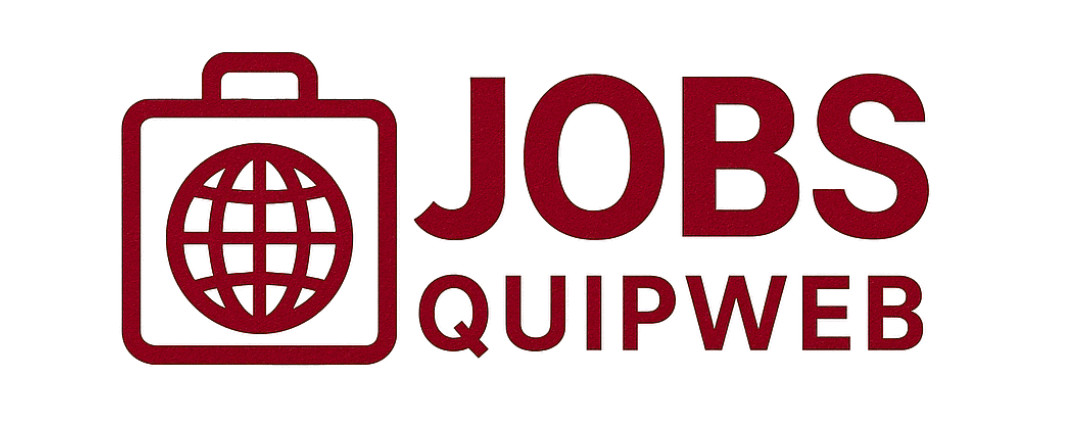Networking Strategies for Career Development Success are crucial in today’s fast-paced world. Building strong connections can open doors to amazing opportunities. In this article, I will share why networking is essential for my career growth. I’ll explore how personal branding plays a role, discuss effective communication, and provide tips to improve my networking skills. Lastly, I’ll dive into the benefits of finding a mentor and how they can help boost my career. Let’s unlock the power of connections together!
The Power of Building Connections
Why Networking is Essential for Career Growth
I can’t stress enough how important networking is for my career. It’s a secret weapon that propels me forward. Connecting with others opens doors I never knew existed. It’s not just about what I know, but who I know.
Networking helps me:
- Gain insights: Talking to others in my field gives me new ideas.
- Find opportunities: Many jobs are filled through connections before they even hit job boards.
- Build relationships: Strong connections can lead to mentorships and collaborations.
How Networking Strategies Can Open Doors
Having a few smart networking strategies can make a big difference. Here’s what I focus on:
| Strategy | Description |
|---|---|
| Attend Events | I join workshops and conferences related to my field. |
| Use Social Media | Platforms like LinkedIn help me connect with professionals. |
| Follow Up | After meeting someone, I send a quick message to keep in touch. |
These strategies have worked wonders for me. For example, I attended a local conference and met someone who later became my mentor. This connection helped me land my dream job!
The Impact of Personal Branding on Networking
I realized that personal branding plays a huge role in my networking efforts. Presenting myself well makes it easier for people to remember me. Here are some tips I use to build my personal brand:
- Be Authentic: I always stay true to myself. People appreciate honesty.
- Share My Knowledge: I write articles and post updates about my field to show I’m engaged and knowledgeable.
- Dress the Part: I ensure to dress professionally because first impressions matter!
When I focus on my personal brand, networking becomes easier. People want to connect with someone who has a clear identity and purpose.
Effective Communication in Networking
Tips for Improving My Networking Skills
Networking is all about building relationships. Here are some tips that I’ve found helpful in sharpening my networking skills:
- Be Genuine: People can sense when I’m being fake; I always try to be myself.
- Practice My Elevator Pitch: I keep it short and sweet to grab attention without dragging on.
- Follow Up: After meeting someone, I send a quick message to show I value our conversation.
- Set Goals: I decide before an event how many people I want to connect with to stay focused.
How to Start Conversations at Networking Events
Starting a conversation can feel intimidating. Here’s how I dive in:
- Ask Open-Ended Questions: I love asking questions that need more than a yes or no, opening the door for deeper talks.
- Find Common Ground: I look for shared interests to make connecting easier.
- Use Humor: A light joke can break the ice and create a friendly vibe.
- Compliment Sincerely: I give genuine compliments to warm up the conversation.
The Role of Active Listening in Networking
Active listening is my secret weapon. It’s not just about talking; it’s about hearing what others say. Here’s how I use it:
- Focus on the Speaker: I put my phone away and give my full attention.
- Nod and Respond: I show I’m engaged by nodding and using phrases like, That’s interesting!
- Summarize: I repeat back what I heard to show I care about their words.
| Active Listening Tips | Why It Matters |
|---|---|
| Focus on the Speaker | Builds Trust |
| Nod and Respond | Shows Engagement |
| Summarize | Confirms Understanding |
Finding Mentorship Opportunities
How Mentors Can Boost My Career Development
Having a mentor can be a game-changer for my career. They offer guidance, share experiences, and provide insights that I might not find elsewhere. A mentor helps me navigate challenges and avoid common pitfalls. For instance, when I faced a tough decision at work, my mentor shared a similar experience that helped me see things from a different angle. This not only boosted my confidence but also helped me make a better choice.
Ways to Approach Potential Mentors
Approaching a potential mentor can feel intimidating, but it doesn’t have to be. Here are some steps I can take:
- Do My Homework: I research their background and achievements to show respect and genuine interest.
- Start Small: I begin by asking for advice on a specific topic to open the door for further conversations.
- Be Respectful of Their Time: I keep my requests brief and to the point; a quick coffee chat or a short email can go a long way.
- Follow Up: After our initial conversation, I send a thank-you note to build a lasting connection.
The Benefits of Having a Mentor for Career Advancement
Having a mentor is like having a cheerleader in my corner. They can provide:
| Benefit | Description |
|---|---|
| Guidance | Offers advice on career choices. |
| Networking | Introduces me to valuable connections. |
| Feedback | Provides constructive criticism to improve. |
| Support | Encourages me during tough times. |
With a mentor, I have someone to turn to when I need support. They help me see the bigger picture and motivate me to push through obstacles. In my experience, mentors have opened doors for me that I didn’t even know existed.






